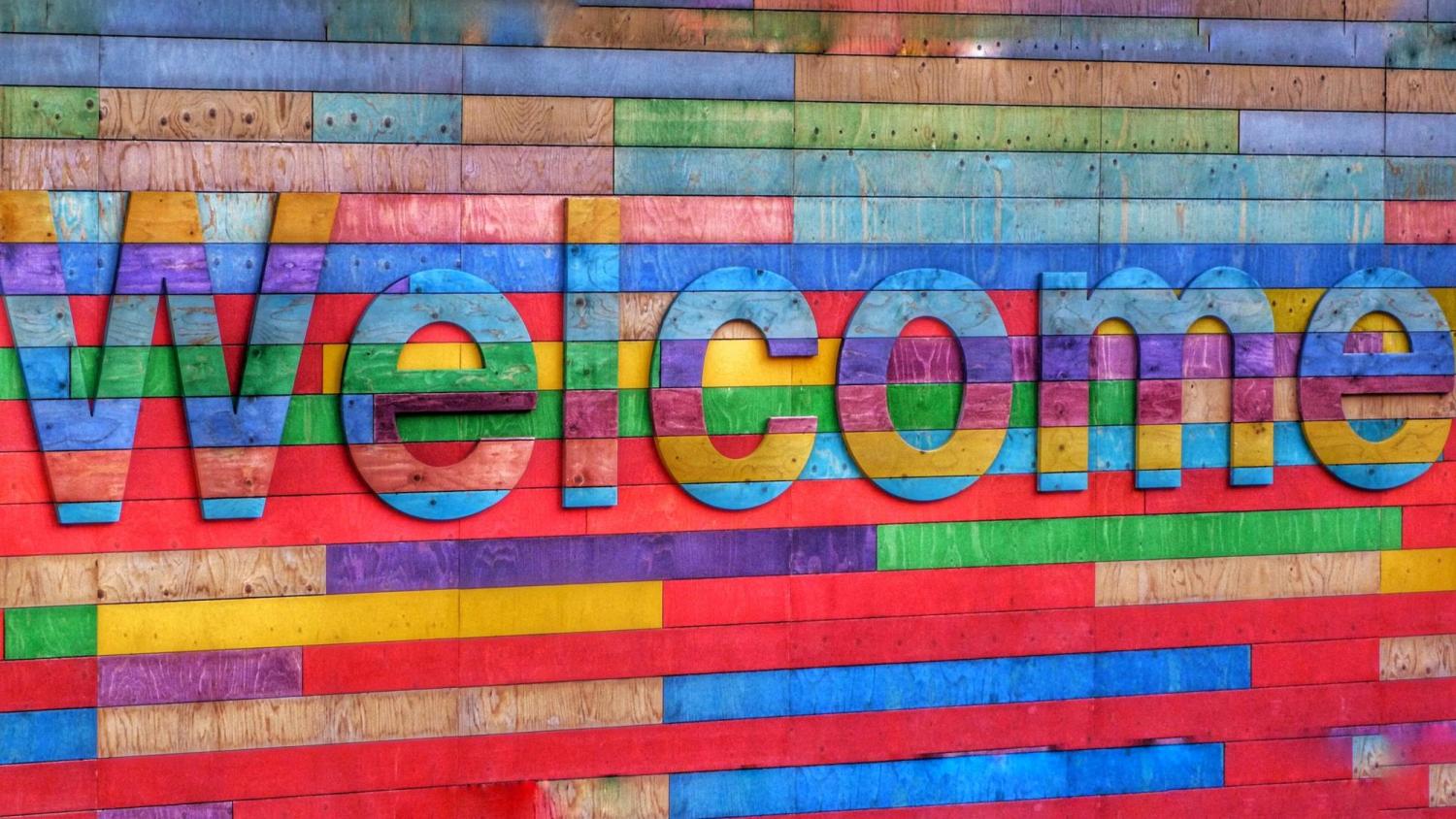ASSETT Innovation Incubator Welcomes Three New Interdisciplinary Teams of Faculty, Staff, and Students
This fall, three newly funded teams composed of faculty, staff and students kick-off a three-year cycle (2023-26) of the innovation incubator to iterate their novel ideas for improving the undergraduate experience through teaching and learning with technology. The new cohort joins the second cycle of the innovation incubator which was originally piloted in 2019-22 with such success that it was adopted as a permanent program of ASSETT.
The current teams participated in an open idea submission process prompted by the question, “How might we radically transform the undergraduate learning experience by engaging Arts & Sciences students in active learning with technology?” Among the eight teams that applied for funding, three were selected for incubator funding by a committee of faculty, undergraduate students, and staff from the College of Arts & Sciences and from the Office of Information Technology. Submitted ideas were evaluated based on criteria of being student centered, boundary breaking, actionable, and scalable.
Meet the 2023-26 ASSETT Innovation Incubator Teams!
Give Us the Camera: Improving Equity in the Media Arts
Team Members: Laura Conway, Michelle Ellsworth, Charlie McCain, Angelica Lawson, Emilie Upczak
Give Us the Camera or GUT-C is a mentoring initiative for underrepresented students in the media arts field that addresses inequality at the student level through community building, technical workshops, and professional development opportunities. The Me Too movement made clear how difficult working in the media industry is for women, LGBTQ individuals, and BIPOC folks. GUT-C directly addresses underrepresentation in technical positions such as a camera operator, lighting designer, lead editor, and director of photography — a systemic issue mirrored in higher education. Funding and human resource support from the Innovation Incubator will enable GUT-C to develop its technical training, mutual aid, and mentorship model.
Developing Virtual Labs to Train Undergraduate Researchers
Team Members: Kristin A. Moore and Jian Wei Tay
In partnership with student collaborators, this team will develop virtual laboratories that simulate scientific experiments. Virtual laboratories are interactive computer applications which will allow students to perform activities and actions that mimic working in a physical laboratory. New researchers require time to learn skills before they can contribute meaningfully. This is often compounded by the fact that students must maintain their academic standing, reducing their availability during the semester. Finding sufficient faculty mentors can also be challenging due to cost, resulting in many students initially participating in unpaid internships. However, this practice greatly disadvantages under-resourced students who may need to financially support themselves. Funding and human resource support from the Innovation Incubator will enable this team to develop curriculum while employing student developers and testers to design and build the virtual labs.
Team Members: Sage Dobby, Sydney Kowalchuk, Hannah Van Meveren, Jihye Park
The Womenexus team is creating a virtual community of women to help guide and support one another with their academic and career goals. In a challenging and rigorous college environment where, for example, women are more likely than men to leave a pre-med track, and 50% of women feel isolated, making meaningful connections can be difficult. Womenexus will provide a platform for women to build friendships and mentorships while navigating college, whether it be prior to arriving on campus or while in the middle of their studies. This may include guidance in pre-professional pathways, along with connection to shadowing and internship opportunities. Funding and human resource support from the Innovation Incubator will enable this team to compensate recent alumna and student project manager roles, as well as to employ the student-run, Blueprint Boulder to develop their proposed app.



